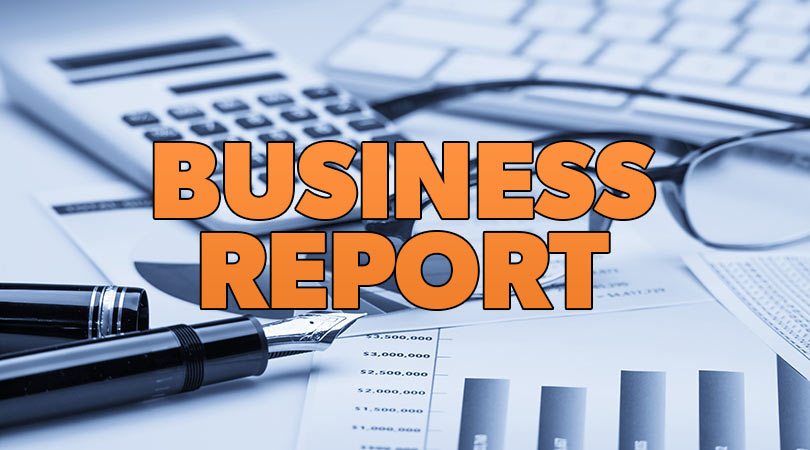Investors are expected to react today to yet another threat of more tariffs by President Donald Trump aimed at China.
Global markets took a tumble Monday as the trade issues between China and the United States deepened. Gains in the energy sector tempered Monday’s losses though and even helped boost things on Bay Street as the TSX closed up.
Even though energy is up, oil could continue to skid ahead of a key OPEC meeting later this week where it’s expected the organization will announce a boost in production. Oil hit a seven week low on Monday.
When it comes to possible U.S. tariffs on Canada’s auto sector, Innovation Minister Navdeep Bains told Reuters Monday that federal aid could be given to the industry, similar to relief for the steel and aluminum industries. Ahead of the bell today oil is down 83 cents to $64.86 U.S per barrel, gold is up $3.30 to $1283.40 an ounce, and the loonie is down a third of a cent to 75.50 cents U.S.






